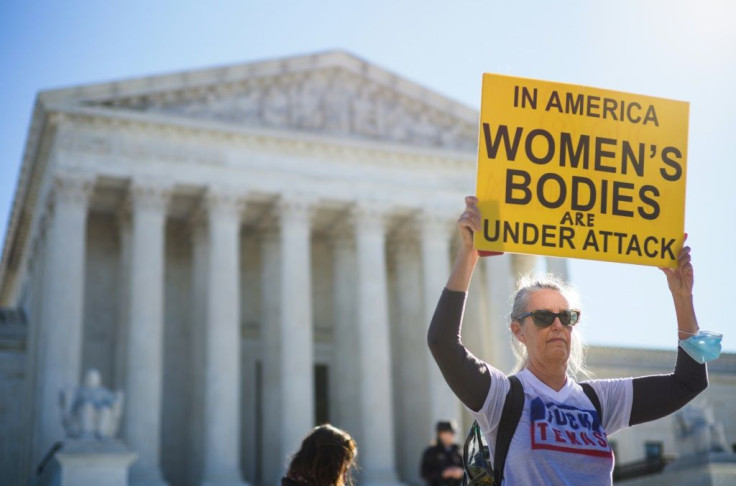‘Her Interests Are Stronger:' Supreme Court To Hear Case Determining Future Of Roe v Wade
In a case that harkens back to the Texas abortion ban, S.B. 8, from earlier in 2021, this time the Supreme Court agreed to hear a case Wednesday that is a direct challenge to Roe v. Wade.
The question this challenge presents to the Supreme Court is “whether all pre-viability prohibitions on elective abortions are unconstitutional.” The Mississippi law directly challenges Roe v. Wade, which sets a federal limit prohibiting the ban on abortion before fetal viability, or 23 to 24 weeks into pregnancy.
Mississippi passed the law in 2018 that bans abortion after 15 weeks, arguing that fetuses can feel pain by that point. Eventually blocked by lower courts, the state law allows abortions after 15 weeks if there is a medical emergency or a fetal abnormality.
In contradiction to Mississippi lawmakers’ claims, the fetus does not have the connections or brain structures necessary to process pain until at least 24 weeks into a pregnancy. That fact has not changed in recent years, according to The American College of Obstetricians and Gynecologists.
Unlike the Texas abortion bounty, the Mississippi law does not deputize citizens to report whether someone has provided an abortion, but it does set a limit on when someone can get an abortion and calls the process an “inhumane [procedure],” claiming that the U.S. constitution does not support people’s right to an abortion.
Lawmakers in Mississippi also wrote that if the court is not willing to overturn Roe v. Wade and a similar ruling, Planned Parenthood v. Casey, then it should at least allow for a ban on abortions at 15 weeks, in the second trimester of pregnancy.
“Because pregnancy so intensely impacts a woman’s bodily integrity, her liberty interests are categorically stronger than any state interest until viability,” the Jackson Women’s Health Organization, the organization defending the right to abortion in Mississippi, wrote in their brief.

© Copyright IBTimes 2024. All rights reserved.






















